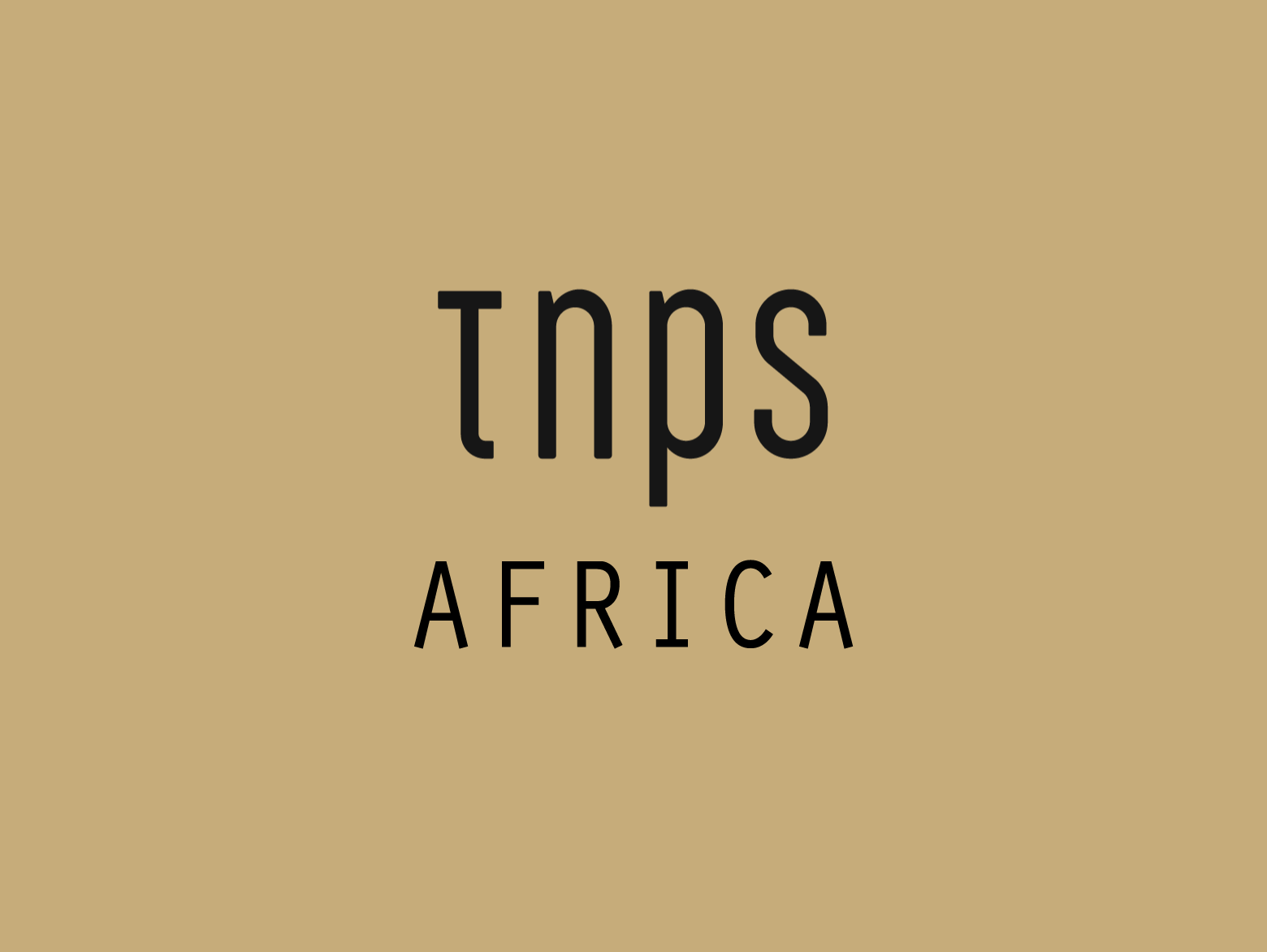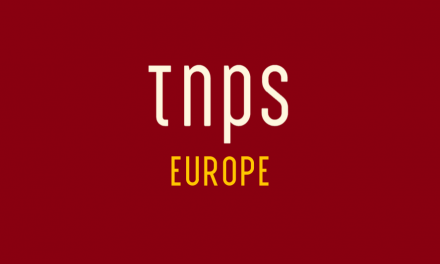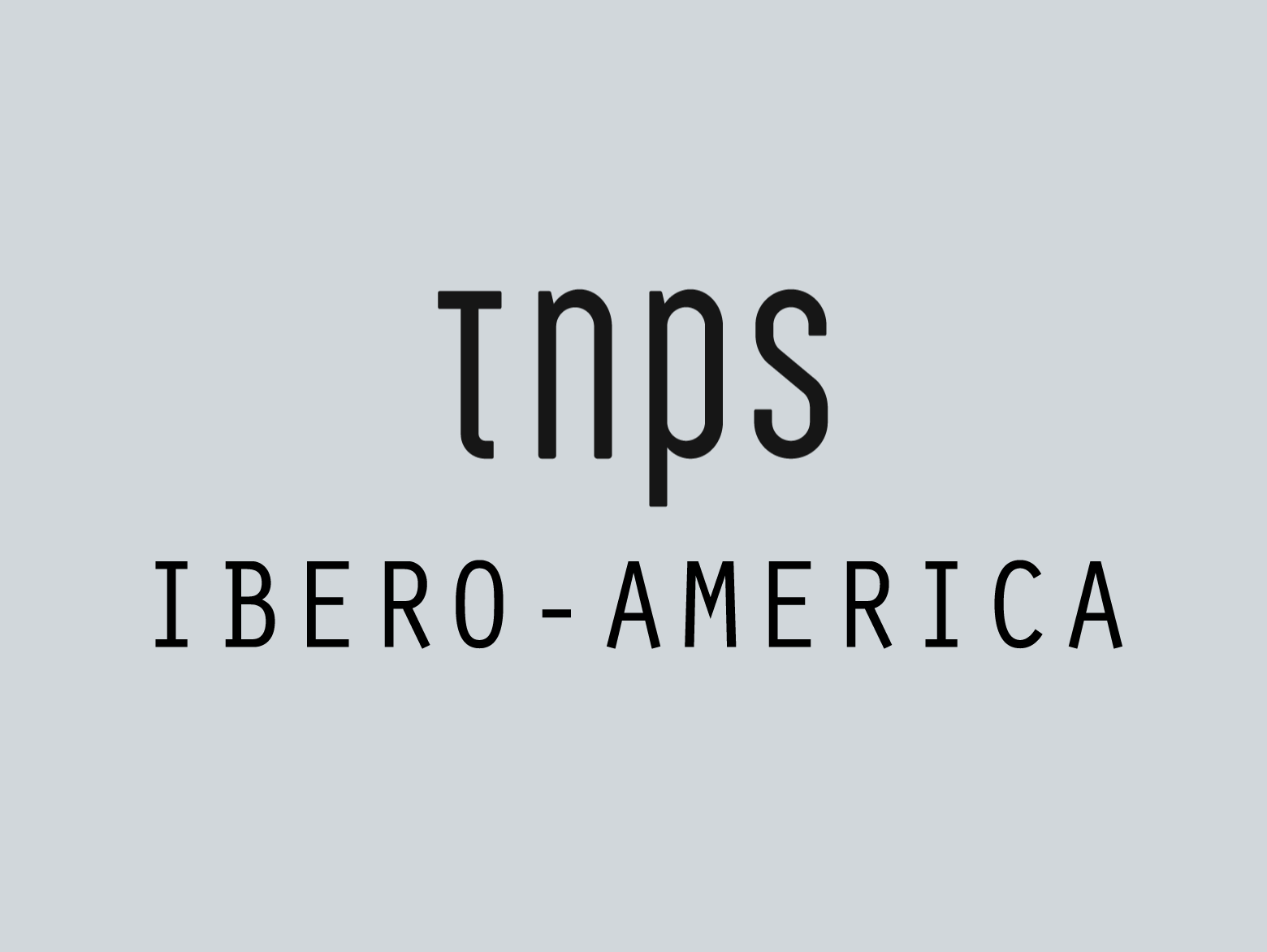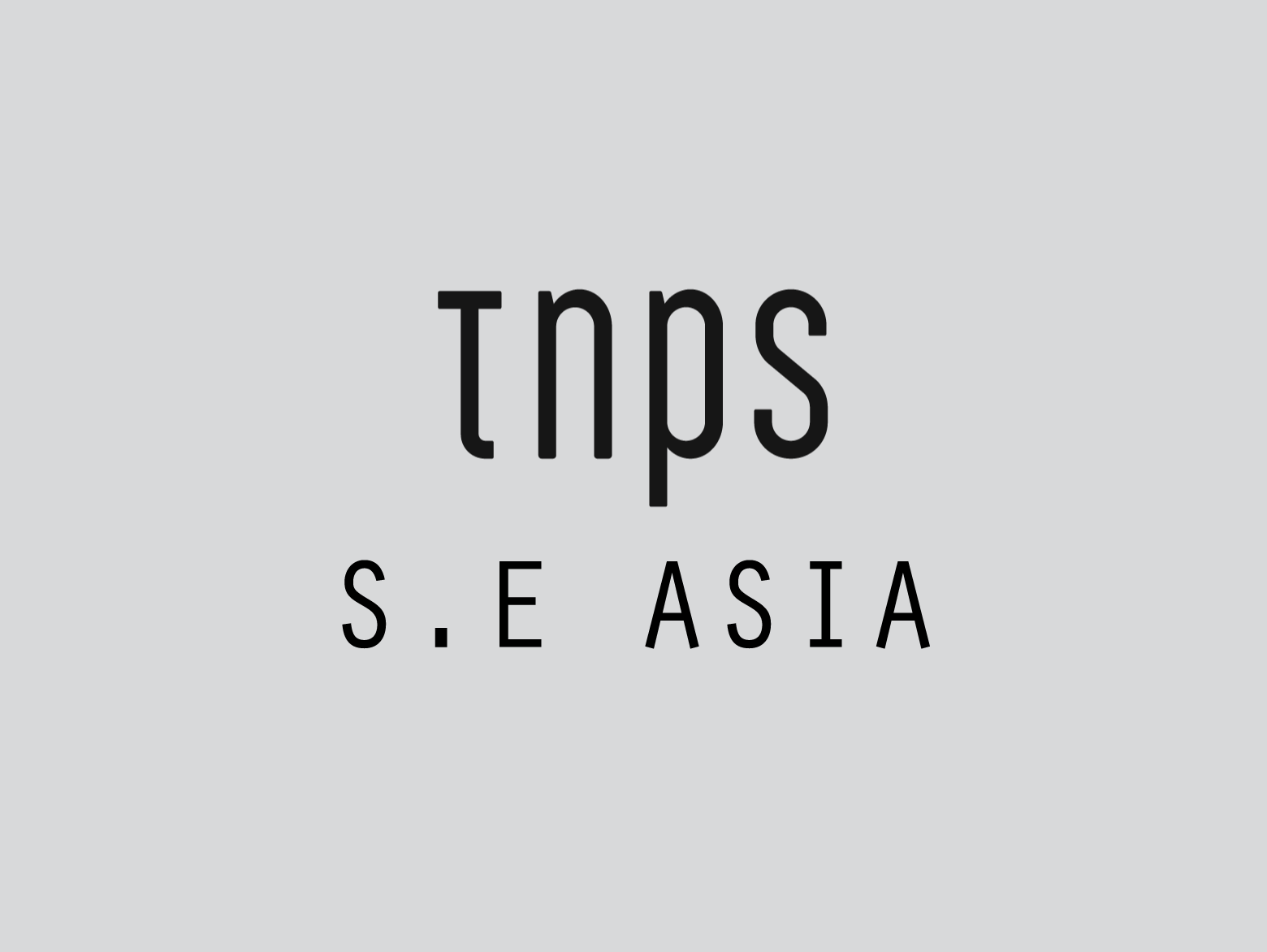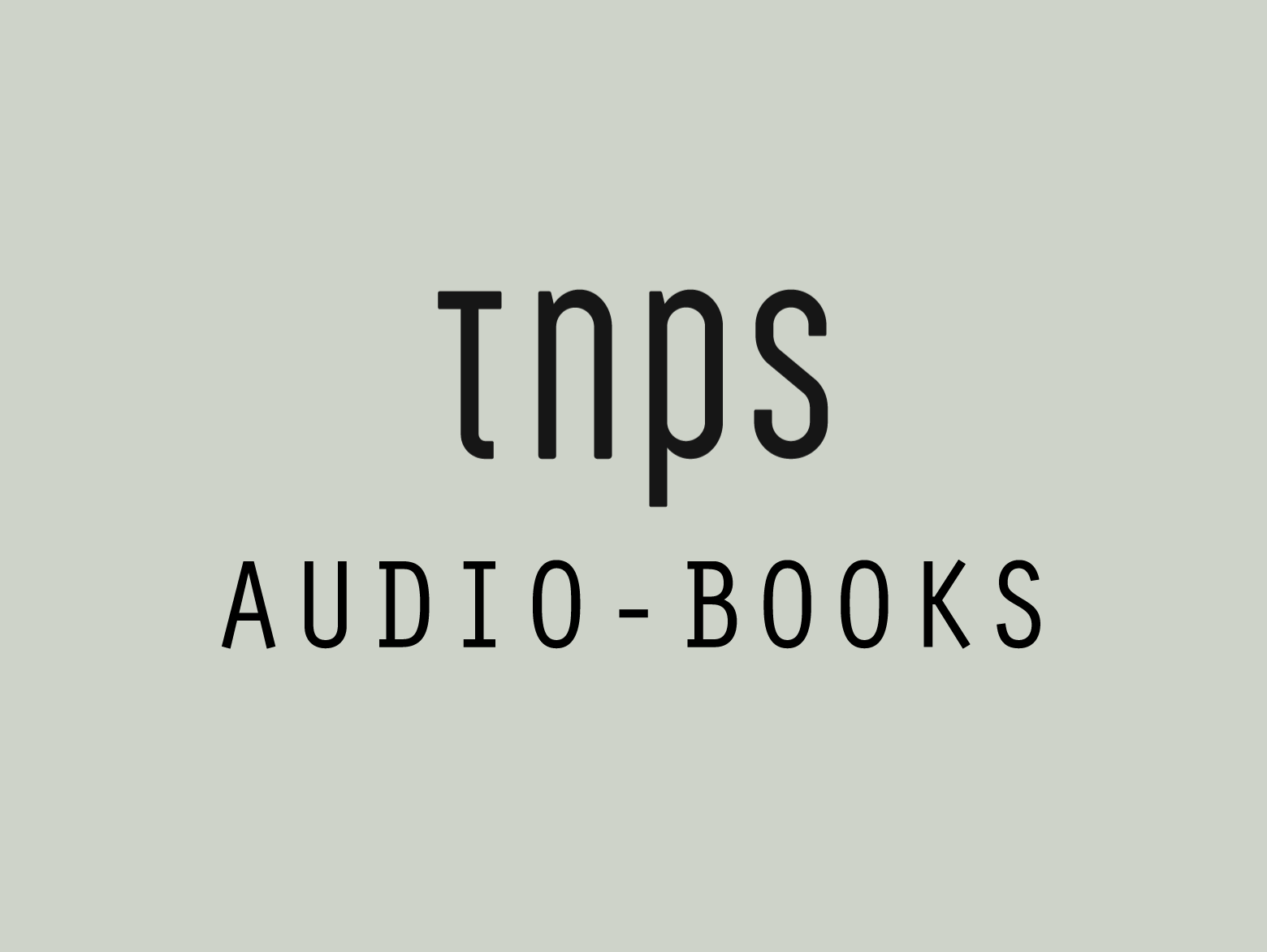The Ivory Coast, or Côte d’Ivoire as it is known at home, has a population of 24 million but despite being a wealthy nation by African standards it is blighted by an illiteracy rate (56.2%) successive governments have failed to address.
It doesn’t help that there are 70 languages in the country.
A report by Stéphanie Stoll for the French industry journal Actualitté earlier this month took a look at the Ivorian publishing scene, and it makes grim reading.
The 2002 coup d’etat ushered in a decade of civil unrest that saw the destruction of 17 bookstores in 2004, and the National Library in 2011, and while the country is now settled and rebuilding itself, the publishing sector has yet to recover.
Despite, says Actualitté ,
the strength of the tutelary figure of Bernard Binlin Dadié, “the father of Ivorian literature,“ now 102 years old.
The statistics paint a bleak picture.
In 2010, the International Organization of the Francophonie (OIF) counted 11 publishing houses, 23 printing houses, 16 bookstores, 29 newspapers, 12 libraries in the Côte d’Ivoire.
But despite a 25% increase in GDP since then, the country still struggles.
Author Maurice Kouakou Bandaman has been Minister of Culture since 2011, leading the come-back of Ivorian publishing. In 2015 he passed a bill paving the way for a national book policy, but progress is tortuously slow.
He said at the Geneva Book Fair earlier this year that the country now has 20 good publishing houses, producing a hundred books of literature a year compared to just three or four a year in the 1980s.
As in most Third World countries, the education sector provides the bread and butter for publishers, with an Ivorian publishing market potential of 5.5 million students.
Actualitté reports,
Two publishers, of which the State holds a part of the capital, share most of the public contracts: the CEDA (African publishing and distribution center) in partnership with Hatier, and the new Ivorian editions (NEI) related to Hachette. Some smaller Ivorian publishers are securing markets, such as Éburnie (independent publisher since 2001) or Frat Mat Éditions (state-owned press group).
School publishing has helped strengthen the economy of the sector and publish other projects, especially in the youth and literature sector: Edilis, University Press of Ivory Coast, The Ivorian Classics, Balafons, Tropic Editions, Vallesse editions …
As reported here at TNPS, on the other side of the continent in east Africa Rwanda ‘s government has shifted educational publishing in-house, leaving many Rwandan publishers fearful for the future.
African publishers pay the price for putting all their eggs in one basket
There’s no indication yet that the experiment will be tried elsewhere, but it will be a reminder to African publishers everywhere of the dangers of relying on one sector.
Ivorian booksellers face an even bigger challenge, as Actualitté explains.
The bookstore sector suffers from free textbooks and the competition from informal resellers. Since 2007, there has been an association of booksellers in Côte d’Ivoire, launched by René Yedieti, owner of the Librairie de France group (ten stores).
Prosuma, a distribution group that started the book market in 2000, has owned FNAC since 2015 in Côte d’Ivoire (two stores). The National Book Center (CNL) and the International Organization of La Francophonie (OIF) support the professionalisation of the sector. The Côte d’Ivoire is also distinguished by the number of its religious bookstores.
And the picture is little better in the library sector.
Even though there is a prestigious project of the African Renaissance Library of Abidjan, announced for 2020, libraries remain a rare commodity. A report by LCI in March 2018 estimates that the country has about thirty; the campus blog of Libraries Without Borders describes that of the university Felix Houphouet-Boigny as a simple “study room.“
But there are encouraging signs.
Since 2012, the National Library has set up libraries in around 20 women’s hair salons, enabling clients, staff, local women and their children to read books and borrow books.
A dozen reading and cultural activity centers (CLAC) are supported by the OIF. The association of Marguerite Abouet, Books for All, has opened three neighborhood libraries in Abidjan and Irobo.
Looking at the underlying issues here, poverty and illiteracy tend to go hand in hand. When books are a luxury, few can afford to read even if the will is there.
Books are published mainly in French as the official, and unifying language, and while there are arguments to support local language education the reality is that in a country of 70 languages it makes sense economically and socially to focus on the national language, where the economies of scale can offer some price relief to those who would read.
But of course a big part of the problem is the expense of printing and distribution, and here perhaps digital might play an increasingly important role as we enter the next decade.
While the Côte d’Ivoire is not at the forefront of Africa’s digital revolution, it is not so far behind.
The Côte d’Ivoire began this century with just 40,000 people online, but today has six million people connecting to the internet.
While that’s just 26% penetration it’s worth bearing in mind first that there is therefore plenty of room to expand, and more importantly that 6 million people online is not to be sneezed at. That’s more than Norway, Finland, Ireland or New Zealand, for example.
Via Actualitté with additional commentary in digital from TNPS.

